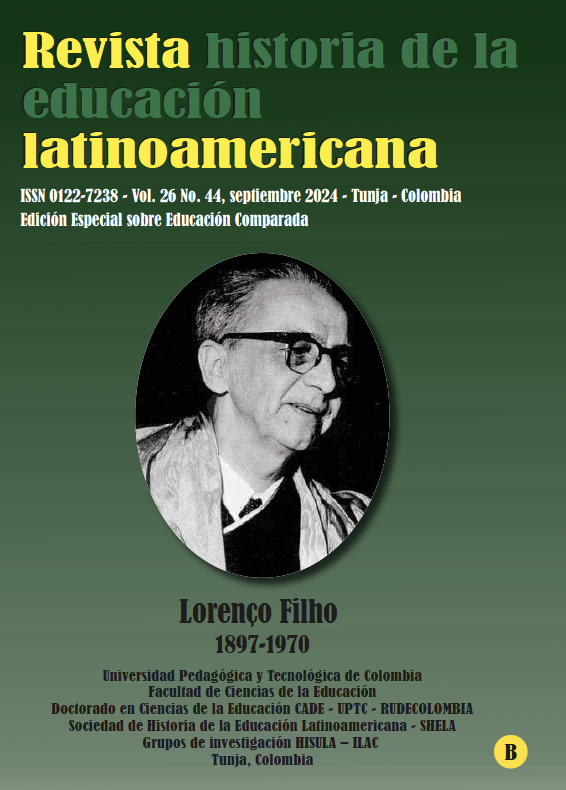Comparative Education

Abstract
When the board of editors of Rhela invited me to direct the dossier on Comparative Education for this issue of the journal, I was immediately struck by my experiences in the field of research, participation in seminars, academic events, in which I shared with intellectual colleagues from Ibero and Latin America, unfortunately not all of them, for different reasons, are present in this dossier (Medófilo Medina, António Nóvoa, Marlén Rátiva, Armando Alcántara, Renate Marsiske, Diana Vidal, Carlos Bauer, among others); António Nóvoa, Marlén Rátiva; Armando Alcántara; Renate Marsiske, Diana Vidal, Carlos Bauer, among others), suddenly these dialogues have led me to understand that the field of comparative education has undergone redefinitions, especially in this new century. As Nóvoa (1998) affirms, the theoretical and methodological redefinition of the field is presented today in the sense of a relativization of the role of the school and a new conception of scientific research.
In the search for the preparation of a cartography of comparative education studies, Nóvoa (op.cit. p.65) has made a large state of knowledge, arriving at determining four axes that have oriented comparative studies, namely: Adoption of consensus theories influenced by functionalist perspectives based on the idea of social equilibrium or conflict theories, influenced by critical perspectives based on the idea of social change. Adoption of descriptive approaches based on phenomena and observable facts considered as natural realities or conceptual approaches based on the idea of social change.
Keywords
Comparative Education
Author Biography
José Rubens Lima Jardilino
Posdoctorado en Ciencias de la Educación de la Universidad Laval y UPTC. Doctor en Ciencias Sociales. Docente invitado del Doctorado en Ciencias de la Educación UPTC- RUDECOLOMBIA. Investigador del Grupo Historia y Prospectiva de la Universidad Latinoamericana HISULA. Miembro del Consejo Nacional de Desarrollo Científico y Tecnológico CNPq Brasil.
